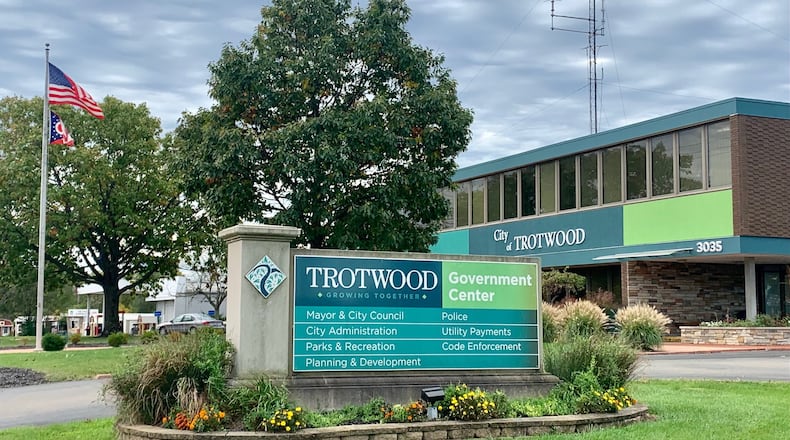The tax would be imposed for a period of five years, beginning Jan. 1, 2023, and ending Dec. 31, 2027. For someone with $50,000 in taxable income per year, the levy would cost an extra $250 annually.
City Manager Quincy Pope said the additional revenue would go toward road improvements in areas of need around the city.
According to Pope, Trotwood has 411 lane miles of roads. The city would use the additional income tax revenue to improve the streets and infrastructure within the city’s residential neighborhoods.
“One of the single most important investments a community can make is investing in its infrastructure,” Pope said.
Improvements would include the installation and/or improvement of streets and roadways, curb and gutters, pavement milling and striping, crosswalks, traffic signals, street signage, water management resources, grading, safety equipment, and ramps compliant with the Americans with Disabilities Act.
According to Kellum, preliminary planning is taking place to determine which roads would be fixed first, which includes taking into account the age of the road, frequency of use, grant funding available to support projects, and overall budget.
“We use the Pavement Condition Rating index that reflects the road condition as one of the primary factors in selecting roads for resurfacing,” she said. “This considers smoothness versus roughness, number of cracks, potholes, rutting and other depressions in roads.”
If the additional tax levy is approved by voters, the city will pave approximately 5.4 lane miles of road each year.
Trotwood’s street budget for 2022 is $1.9 million. The annual street budget is contingent upon revenues received each year, she said, and this year’s budget is 1.9% lower than that of 2021.
Kellum noted that the city regularly reviews all expenditures and processes to “reduce inefficiencies and expenses” wherever possible.
“The city is holding the line on expenses, allowing increases only when necessary,” she said.
The city has applied for all applicable grant funding opportunities to address road improvements in residential areas, Kellum said in January during a presentation of the levy proposal to city council.
“Grant funding is only available for those main arterial roads like Free Pike and Denlinger; grant funding is not available for the neighborhood streets,” she said.
The tax levy would apply to the earned income of those working within the city of Trotwood, including nonresidents who commute to the city for work.
“Historically, roughly 70% of the people that work in Trotwood don’t reside in the community. Therefore, the other 30% are people who live in Trotwood,” Pope said.
Certain types of income are exempt from taxation, like military pay, reserve and National Guard pay, Social Security benefits, railroad retirement benefits, unemployment compensation, retirement pensions and benefit payments, annuities, disability payments, alimony, and child support.
Trotwood will receive an allocation of federal American Rescue Plan Act (ARPA) funds, and Kellum said some of this money, but not all, could also be used for road paving.
The city will receive around $2.5 million and a portion of it is being allocated for the expansion of high speed internet capabilities throughout the city, Kellum said.
About the Author

